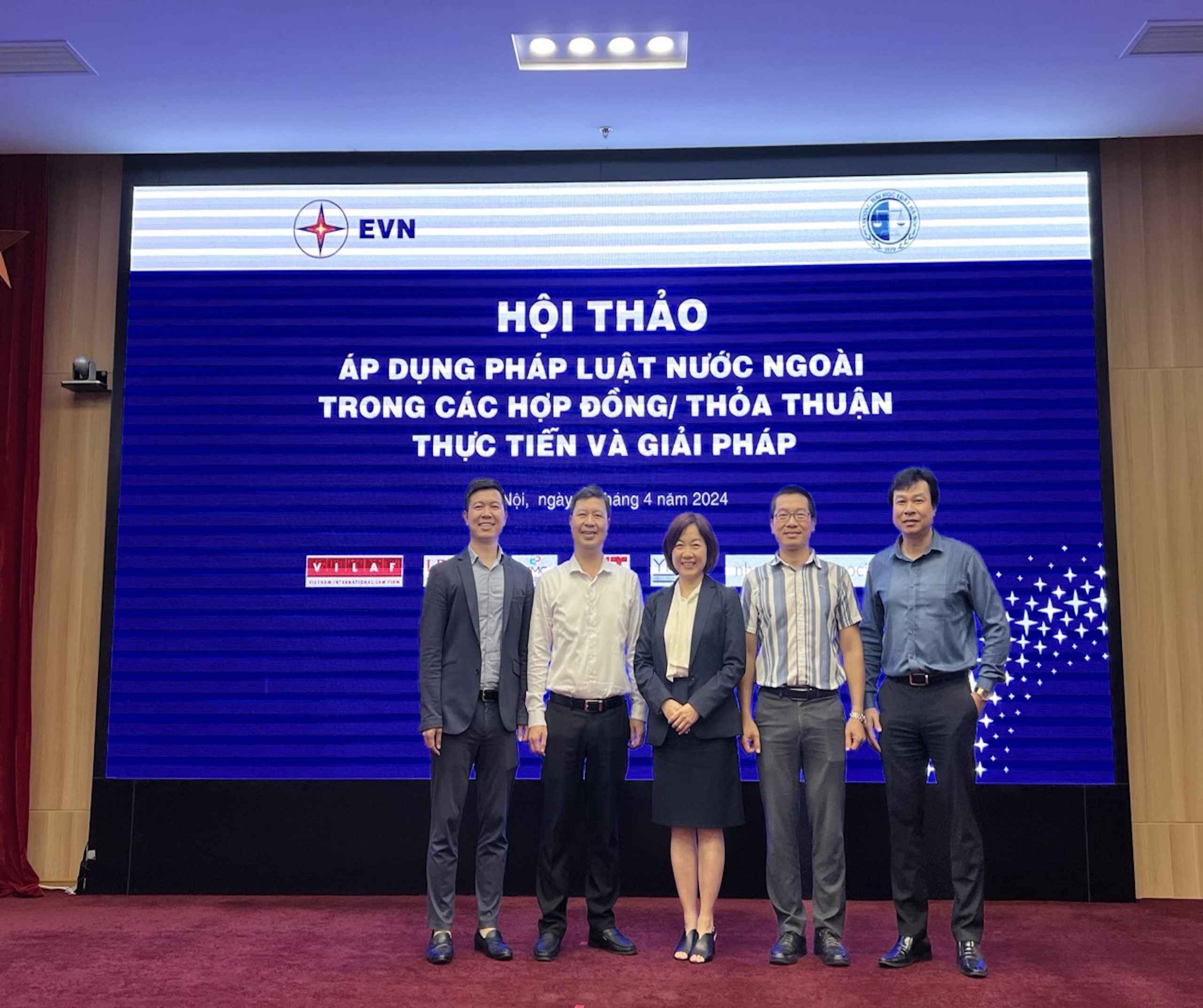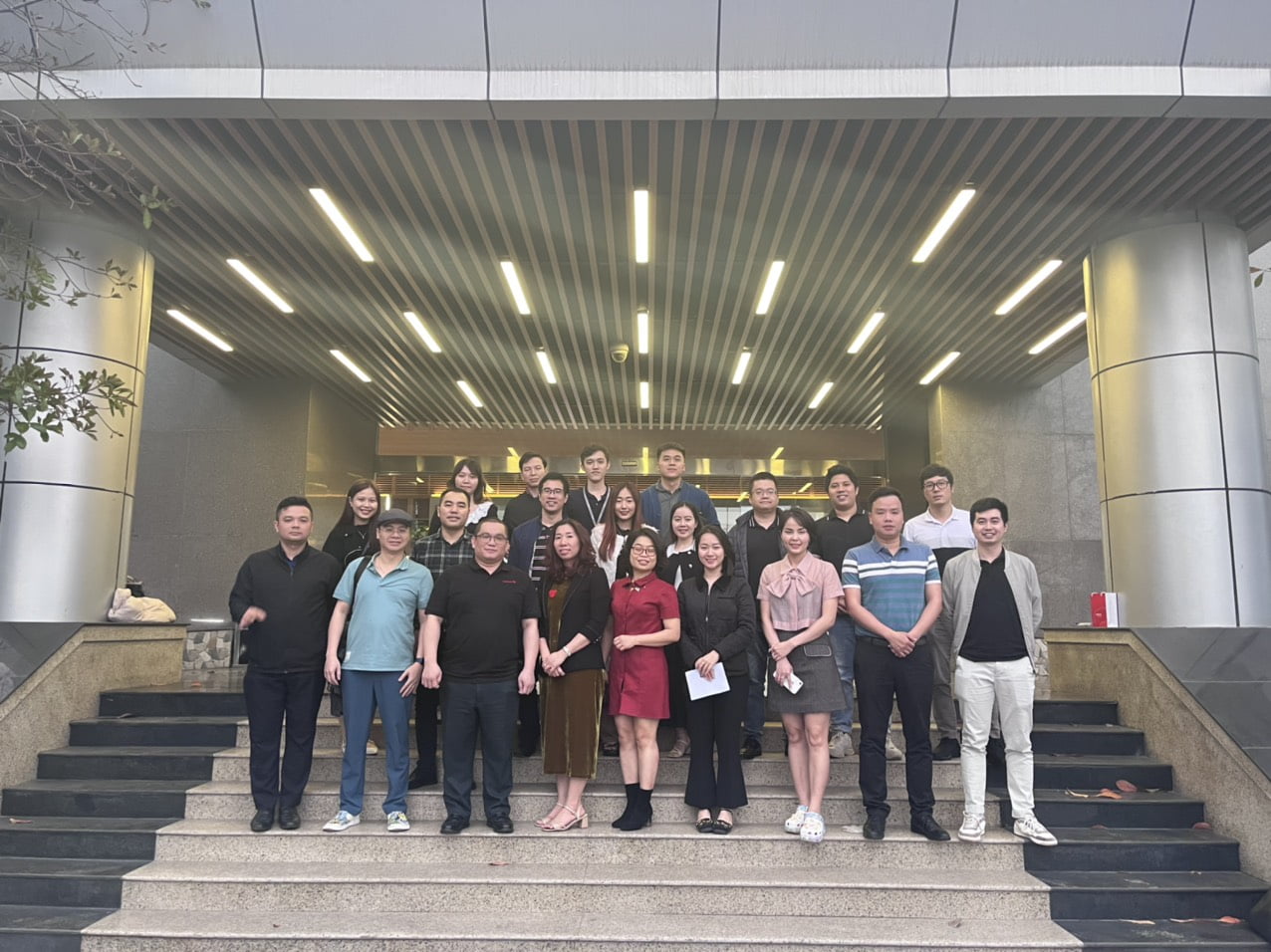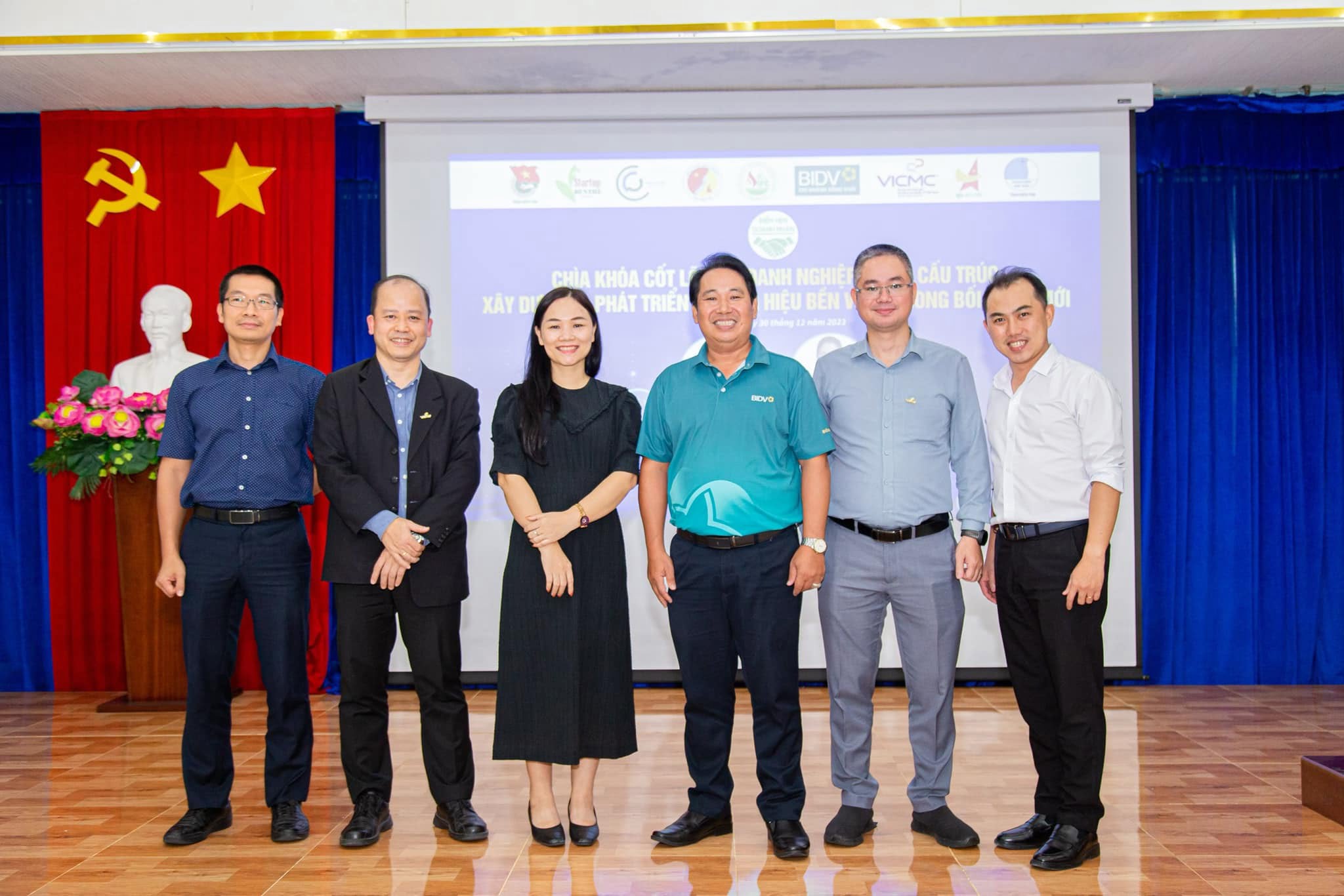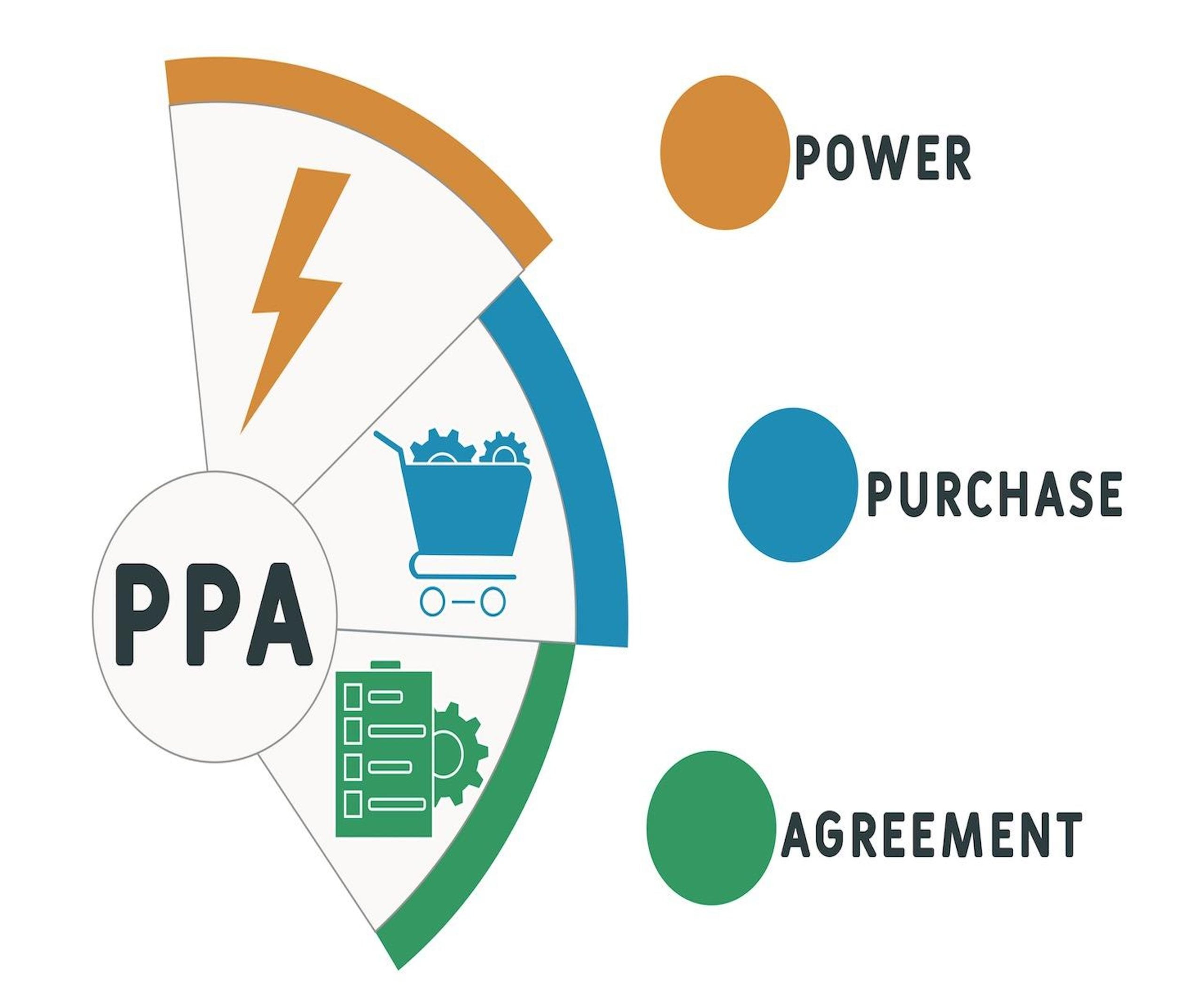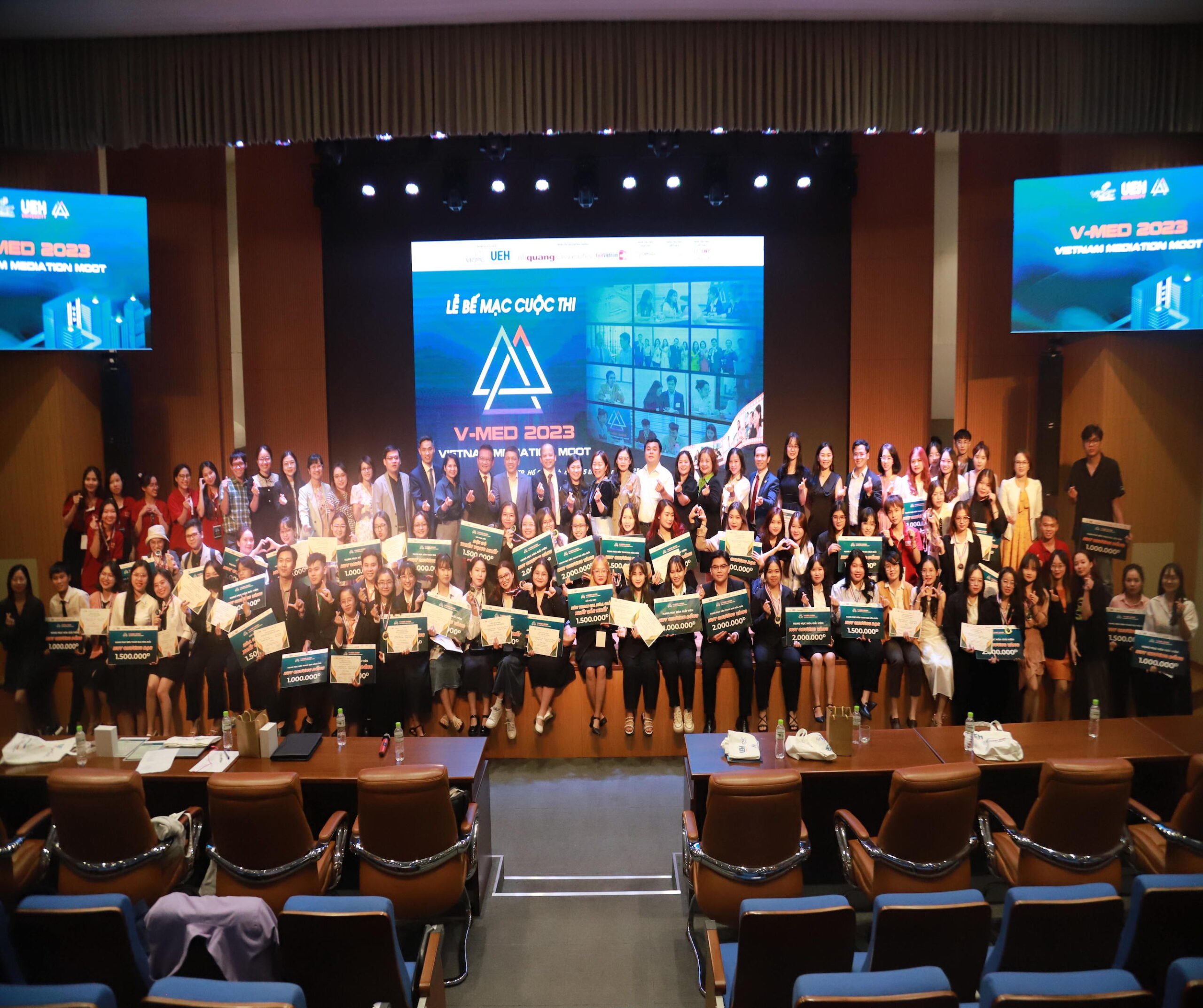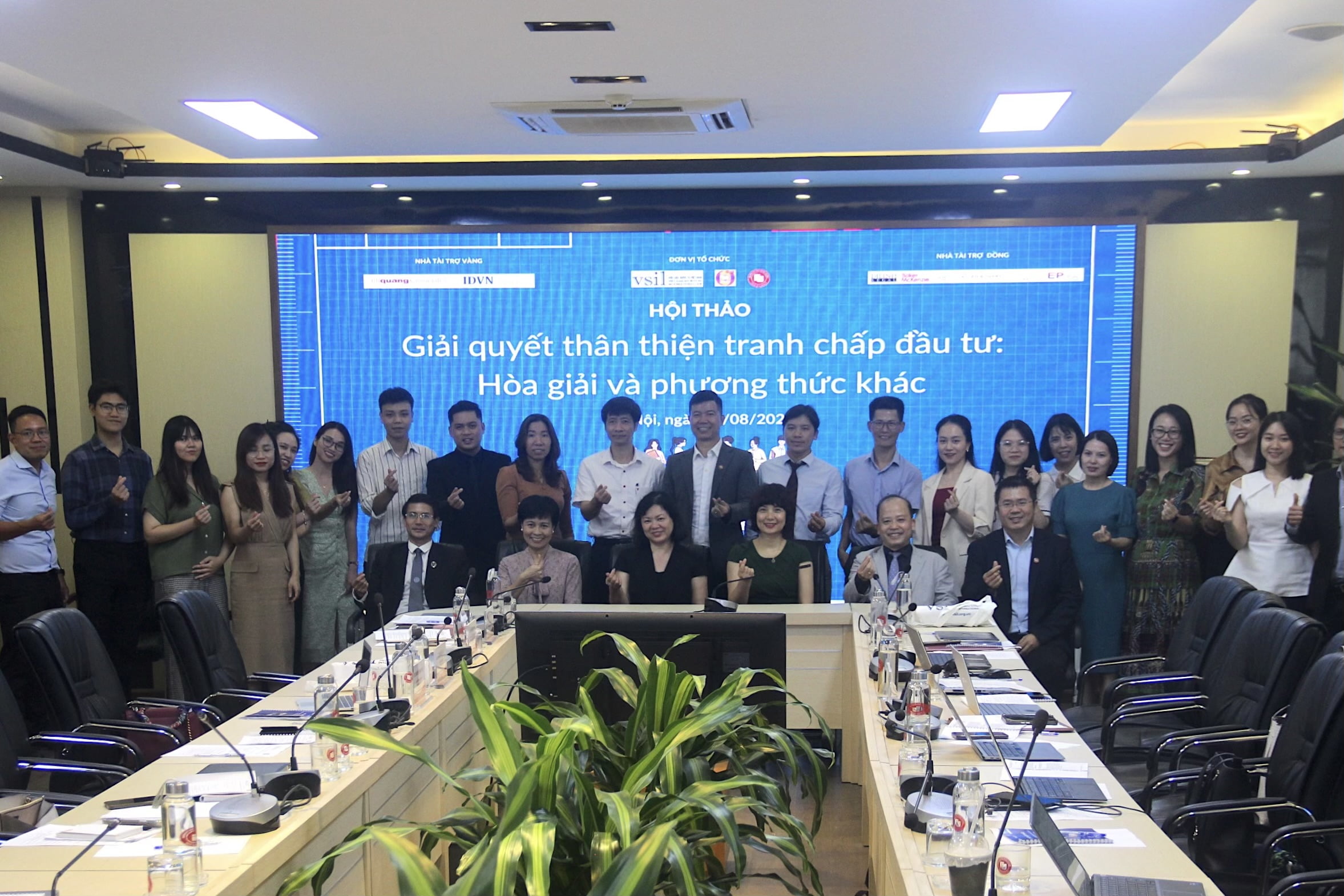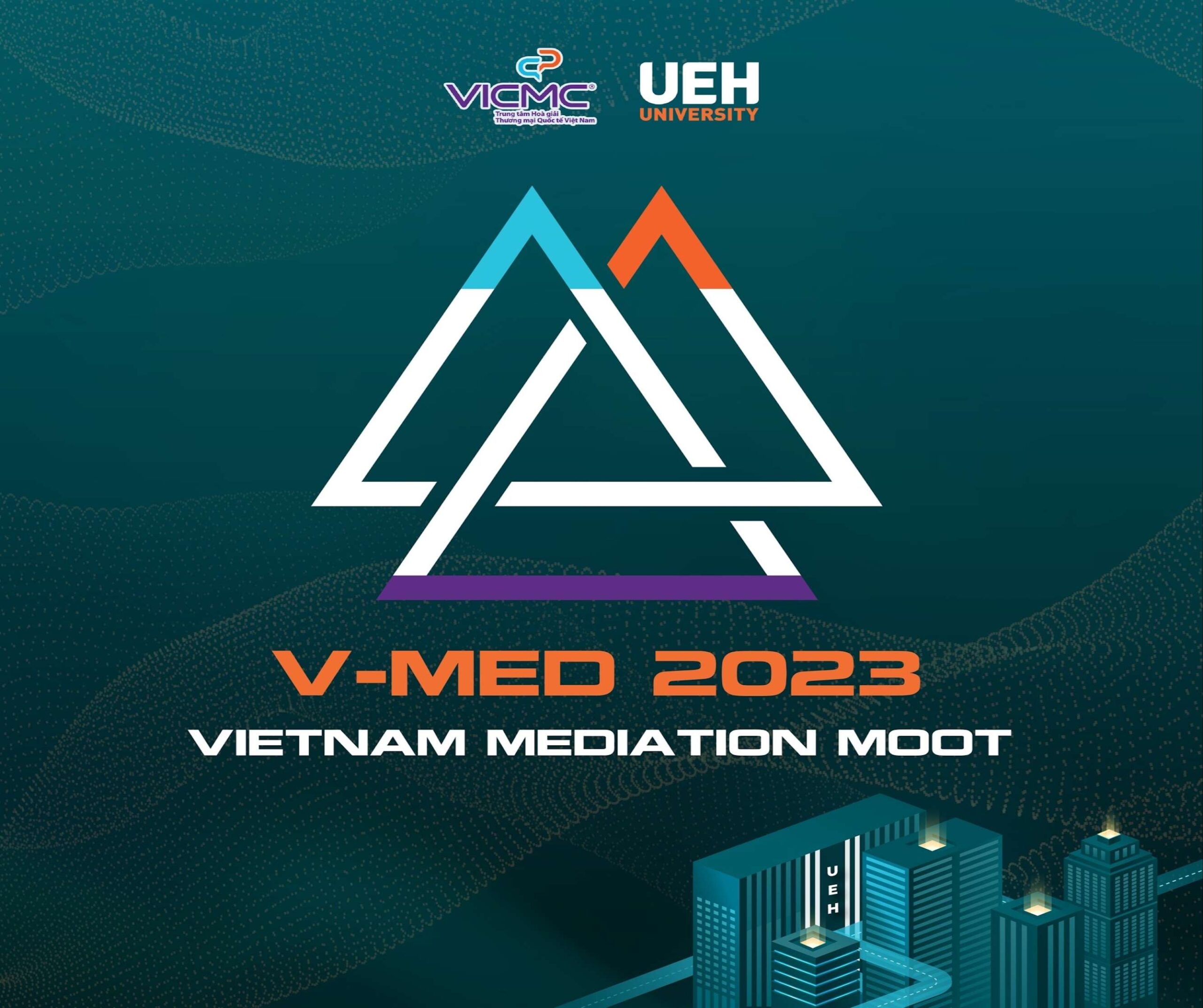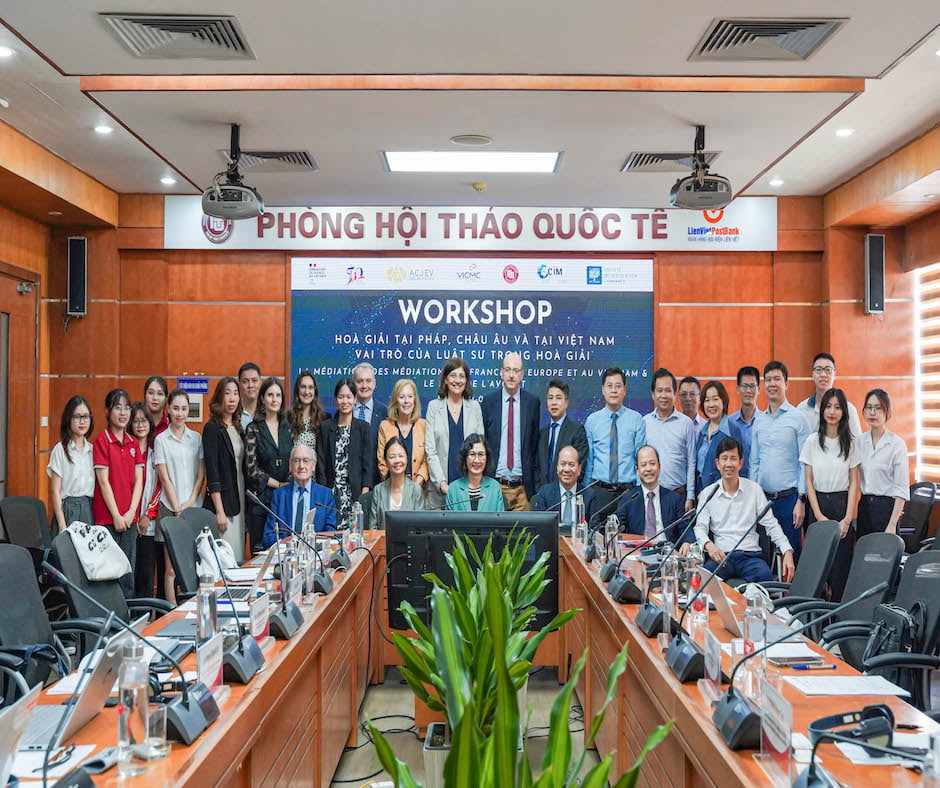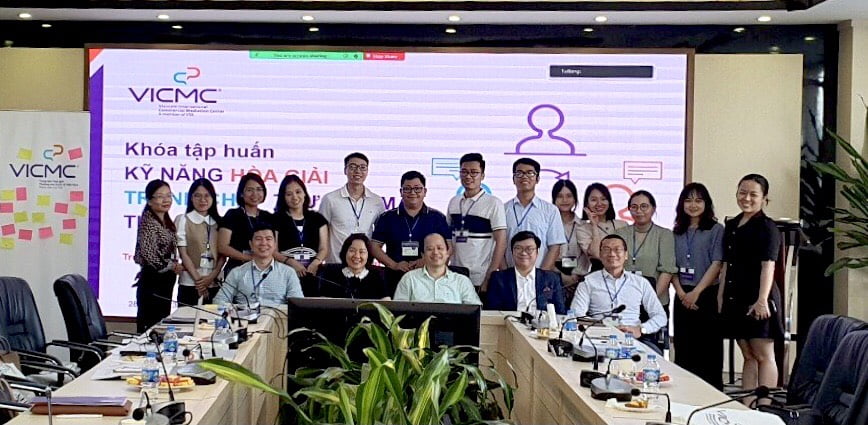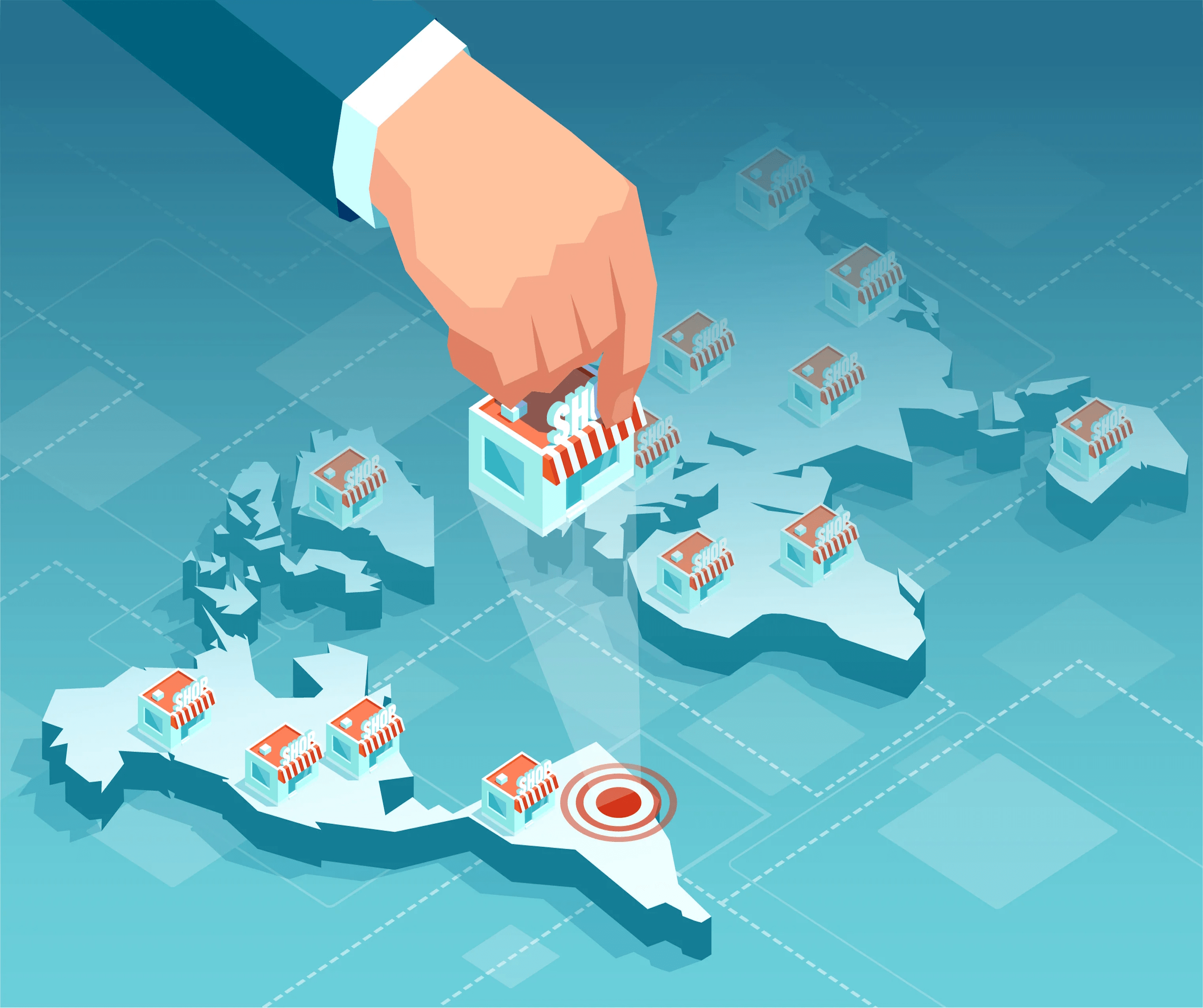With distinct interests, mediation plays a significant role in resolving commercial disputes. There are 03 laws with governing scope related to commercial activities among the 08 Laws[1] recently passed by the XV National Assembly at the 5th Session, including: Law on Protection of Consumer’s Rights 2023, Law on Bidding 2023 and Law on Electronic Transactions 2023. These 03 laws have regulations on mediation or commercial mediation to resolve disputes. This is an important new point and different from the former ones.
1. Law on Protection of Consumer’s Rights 2023

The Law on Protection of Consumer’s Rights 2023 replaces Law on Protection of Consumer’s Rights 2010, effective from July 1, 2024, with a number of outstanding changes as follows:
Firstly, compared to the Law on Protection of Consumer’s Rights 2010, which only generalizes the right to choose a third party to perform mediation, the Law on Protection of Consumer’s Rights 2023 clearly defines that the disputing parties can apply the provisions of the commercial mediation law. While the Law on Protection of Consumer’s Rights 2010 only stipulates generally about the mediation organization being an organization or individual that meets the conditions prescribed by the Government. According to the guiding Decree, mediation for consumer dispute is carried out by market management boards, state management agencies in charge of consumer protection, and social organizations engaged in consumer protection.[2] In the Law on Protection of Consumer’s Rights 2023, there is no longer the participation of state management agencies in protecting the consumer interests. Instead, the Law stipulates that mediation organizations include:
- Social organizations participating in consumer protection;
- Mediation organizations under the provisions of commercial mediation law, grassroots mediation law, mediation at court law;
- Other organizations that have the function of mediating disputes between consumers and business organizations or individuals in accordance with the laws.[3]
Secondly, the Law on Protection of Consumer’s Rights 2023 further stipulates the responsibility of recognizing, publishing the list and appointing mediators of mediation organizations, capacity, ethical qualities, skills, and other qualifications of mediators.
Thirdly, one of the special features of the Law on Protection of Consumer’s Rights 2023 is to additionally stipulate that in case of disputes between consumers and business organizations or individuals that have ethnic minorities, there must be at least 01 mediator who is ethnic minority person or is speaking fluently ethnic minority language.[4] This provision enhances the protection of the rights of group of vulnerable consumers.[5]
Fourthly, the Law on Protection of Consumer’s Rights 2023 unifies the term of “written record of successful mediation result” in accordance with the Civil Procedure Code 2015.
Fifthly, the Law on Protection of Consumer’s Rights 2023 supplements cases where conciliation and mediation are not allowed, including:
- Infringing upon the country interests, nation interests or public interests;
- Violating the law prohibitions or being contrary to social ethics;
- Causing damage to the interests of many consumers, unless the full number of consumers affected is determined.
Meanwhile, clause 2, Article 30 of the Law on Protection of Consumer’s Rights 2010 only includes the cases where the dispute causes damage to the interests of the State, the interests of many consumers and public interests.
2. Law on Bidding 2023

The Law on Bidding (amended) passed by the National Assembly includes 10 Chapters and 96 Articles, effective from January 1, 2024. Compared with the Law on Bidding 2013, the Law on Bidding (amended) 2023 has replaced and supplemented new points.
Accordingly, the Law on Bidding 2013 only recognizes the method of resolving disputes by court; however, the Law on Bidding 2023 recognizes the mechanism of dispute resolution by mediation and dispute avoidance/adjudication board.[6] The parties may stipulate the selection of dispute resolution mechanism in business investment project contract.[7]
This change can help investors to be proactive, flexible with self-discretion for their project implementation activities, and at the same time increase the compatibility between the Bidding Law with other laws, such as Commercial Law, Construction Law, Civil Procedure Code and international treaties and agreements to which Viet Nam is a member.
3. Law on Electronic Transactions 2023

Effective from July 1, 2024, replacing the Law on Electronic Transactions 2005, the Law on Electronic Transactions 2023 includes 8 chapters and 53 articles. The law sets the goal of strengthening the legal corridor, facilitating the transformation of activities from the physical environment to the digital environment in all industries and fields. In particular, the Law on Electronic Transactions 2023 adds a number of basic “framework” provisions, creating a legal corridor for e-commerce dispute resolution.
The difference of the Law on Electronic Transactions 2023 compared to the Law on Electronic Transactions 2005 is that the new Law omits the chapter on dispute resolution and violation handling. This may stem from the reason that the current legal corridor on disputes and dispute resolution is quite completed and detailed. At the same time, there is no new and specific regulations in electronic transactions, therefore, this omission avoids overlapping of legal documents.[8]
In addition, the recognition of foreign e-signature certification service providers; recognition of electronic signatures, foreign electronic signature certificates[9] have made it more convenient to settle disputes between parties, in which including a foreign party.
The Law on on Electronic Transactions 2023 has overcome the existing problems and inadequacies of the Law on Electronic Transactions 2005 to develop the online dispute resolution (ODR) mechanism, synchronizing with the method proposed by the United Nations Commission on International Trade Law (UNCITRAL).
***
Vietnam International Commercial Mediation Center (VICMC) is proud to participate in the drafting process of the above-mentioned legal regulations.
***
Individuals and businesses interested in mediation, and especially arbitration and mediation centers in Viet Nam, need to take the initiative in studying to promptly update new provisions of the new laws so that they can use mediation as a method to resolve disputes and disagreements in business in order to help their production and business activities become firm and stable.
[1] Law on Electronic Transactions, Law on Bidding, Cooperative Law, Law on Protection of Consumer’s Rights; Law on Prices, Law on Amending and Supplementing some articles of the Law on the People’s Public Security Force; Law on Amending and Supplementing some articles of the Law on Entry and Exit of Vietnamese citizens and Law on Entry, Exit, Transit and Residence of Foreigners in Viet Nam; Law on Civil Defense
[2] Decree No. 99/2011/ND-CP dated October 27, 2011 detailing and guiding a number of articles of the Law on Protection of Consumer’s Rights
[3] Law on Protection of Consumer’s Rights 2023, Article 63, clause 1
[4] Law on Protection of Consumer’s Rights 2023, Article 64, clause 3
[5] Law on Protection of Consumer’s Rights 2023, Article 8, clause 1
[6] The Law on Bidding 2023, Article 3, clause 7, point dd
[7] The Law on Bidding 2023, Article 3, clause 1, point e
[8] Ministry of Information and Communications, Report on Reviewing legal documents and international treaties relating to the draft Law on Electronic Transactions for amending and replacing the Law on Electronic Transactions 2005
[9] Law on on Electronic Transactions 2023, Article 26


